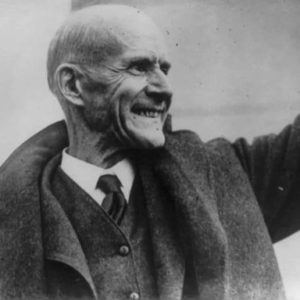World War I, given all the rousing “Over-There” songs and in-the-trenches films it inspired, was, at its outset, surprisingly unpopular with the American public. As opposition increased, Woodrow Wilson’s presidential administration became intent on stifling antiwar dissent. Drastic as these measures were, more draconian measures were to come. In Free Speech and the Suppression of Dissent During World War I, Eric Chester reveals that out of this turmoil came a heated public discussion on the theory of civil liberties—the basic freedoms that are, theoretically, untouchable by any of the three branches of the U.S. government.

Comments are closed.